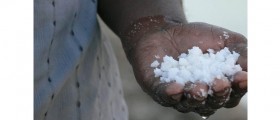
Not All Salt Is The Same. Which Is The Healthiest?
There are many different types of salt available, some claiming to be much better for us than others. What is sea salt and is it really better for us than table salt? What should we look for when choosing which salt to buy?
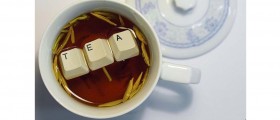
Tea Drinking Improves Cardiovascular Health
Tea contains multiple biologically active compounds such as antioxidants. Multiple studies prove beneficial effect of tea on prevention and managements of cardiovascular diseases, atherosclerosis and stroke.

What Is Wrong With Trans Unsaturated Fats?
Trans unsaturated fat is still a very common component of diet, despite clear evidences of its negative effects on health. Elevated level of trans fats is particularly damaging for cardiovascular system.
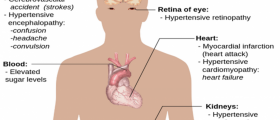
Signs and Symptoms of High Blood Pressure
What Are the signs and symptoms of high blood pressure? High blood pressure is called the silent killer because you can have it for years without knowing it.
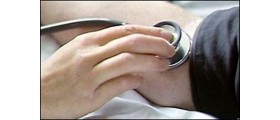
Low Blood Pressure: Causes, Risks & Treatment
In this tensed world, tensionless blood or low blood pressure is a common concern for many people. Some react to a tense situation with bouts of anger, and others brood and keep on planning to tackle that situation.

Heart palpitations: Causes, Risks & Treatment
Palpitations are pounding or racing feelings in your heart. You may become suddenly aware of your heartbeat, or feel that your heartbeat is not as it used to be.

Hypercholesterolemia: High cholesterol level
Cholesterol is a type of fat made by the body, essential for good health. Cholesterol is an ingredient of every cell in the body.
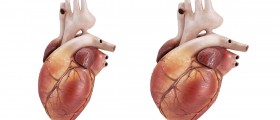
Cardiomyopathy
Cardiomyopathy is a disease of the heart muscle. It is a very serious disease in which the heart muscle becomes inflamed and doesn't work as well as it should.

Being Overweight And Obesity Increase Risk For Heart Attack
Contrary to earlier reports that overweight and obesity do not necessarily lead to heart disease, a 2013 study shows that an increase in body mass index with or without metabolic abnormalities may increase one’s risk for heart attack.

The Coagulation Cascade: A Survival Mechanism
Have you ever thought about how our body prevents us from bleeding to death when we get injured? The coagulation cascade is the mechanism in charge of this and just as any other, it is very well regulated in order to respond as soon as a leak is detected.

